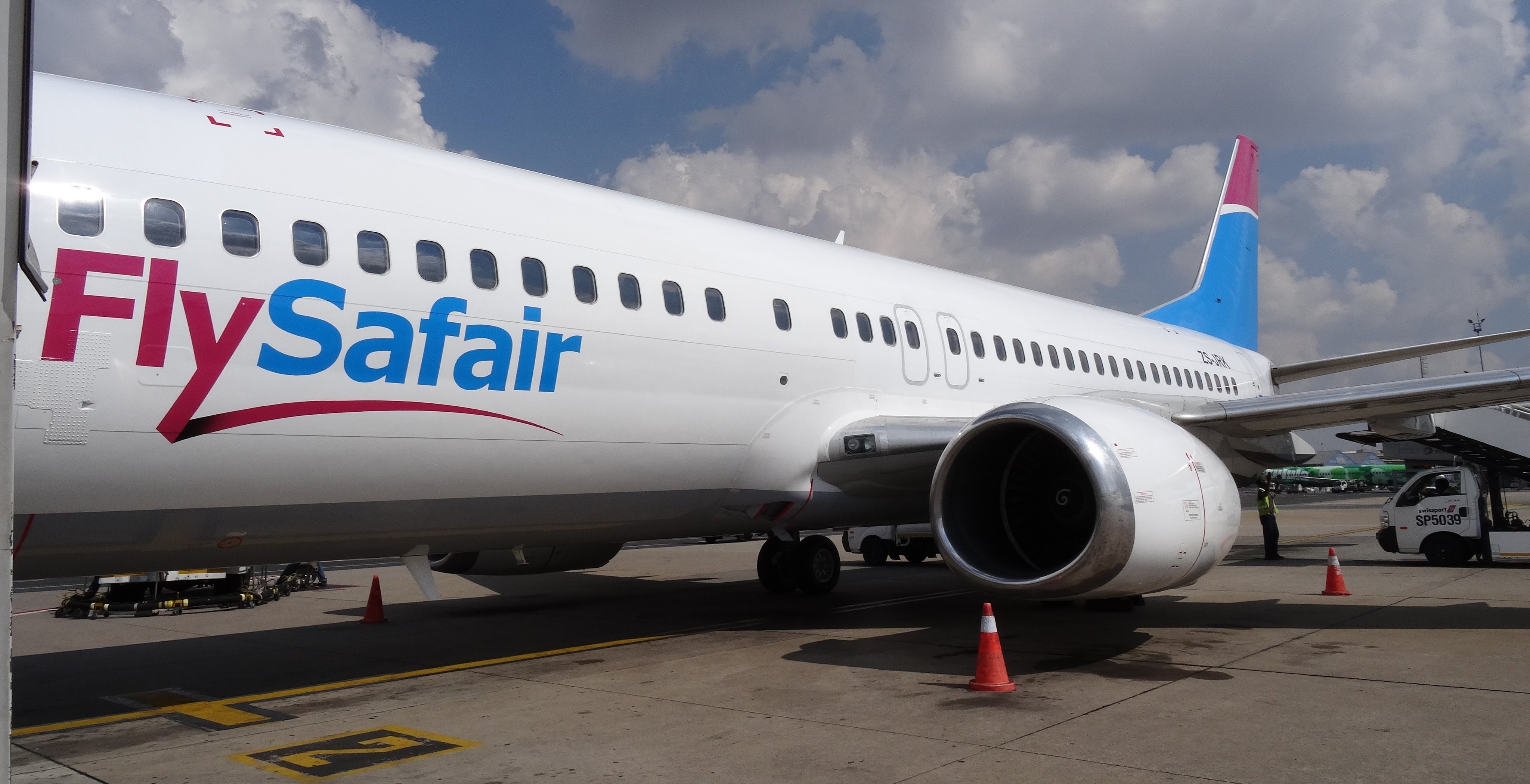


Amid robust expansion and growth , South African budget carrier, FlySafair faces regulatory truoble, as authorities investigate company's licensing conditions. Carrier's promoters are currently under scrutiny for a potential breach of South African air travel licensing laws, which requires a mandatory majority of local shareholding for operational legality.
At the close of 2023, the global aviation market had reached 97% of 2019 levels with tourism improving to just under 90% of pre-pandemic levels worldwide. Aviation in Africa is tracking global trends closely, reaching 93% recovery by the end of 2023.
Having already captured 60% of the domestic air travel market share, FlySafair now aims to flex its wings across regional borders. But the carrier will see the latest development going against its ambitious growth plans, a potential setback due to the investigation into its compliance with South Africa's Air Services Licensing Act.
Established in August 2013, the airline encountered initial turbulence when a legal tussle delayed its anticipated launch in October of the same year. The High Court of South Africa intervened, halting operations due to similar concerns about compliance with the requisite local ownership threshold.

Undeterred by this setback, FlySafair underwent substantial restructuring, leading to its inaugural flight finally taking off on October 16, 2014. This marked the beginning of an impressive journey that has since shaped the airline’s trajectory.
The airline underwent a significant rebrand in October 2022. This transformation encompassed a revamped logo and an updated livery, signaling a fresh chapter in FlySafair’s visual identity.
South Africa's Air Services Licensing Act requires a mandatory minimum of 75% local shareholding for domestic airlines.
The investigation now highlights Safair's compiance to these regulations, raising questions about the airline's future operational strategies and its impact on FlySafair's ambitious growth plans.
